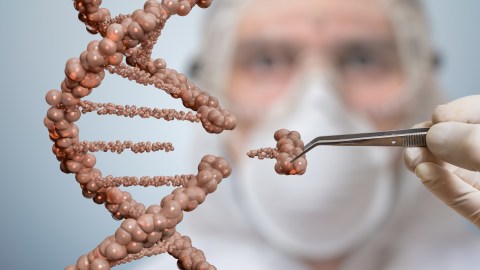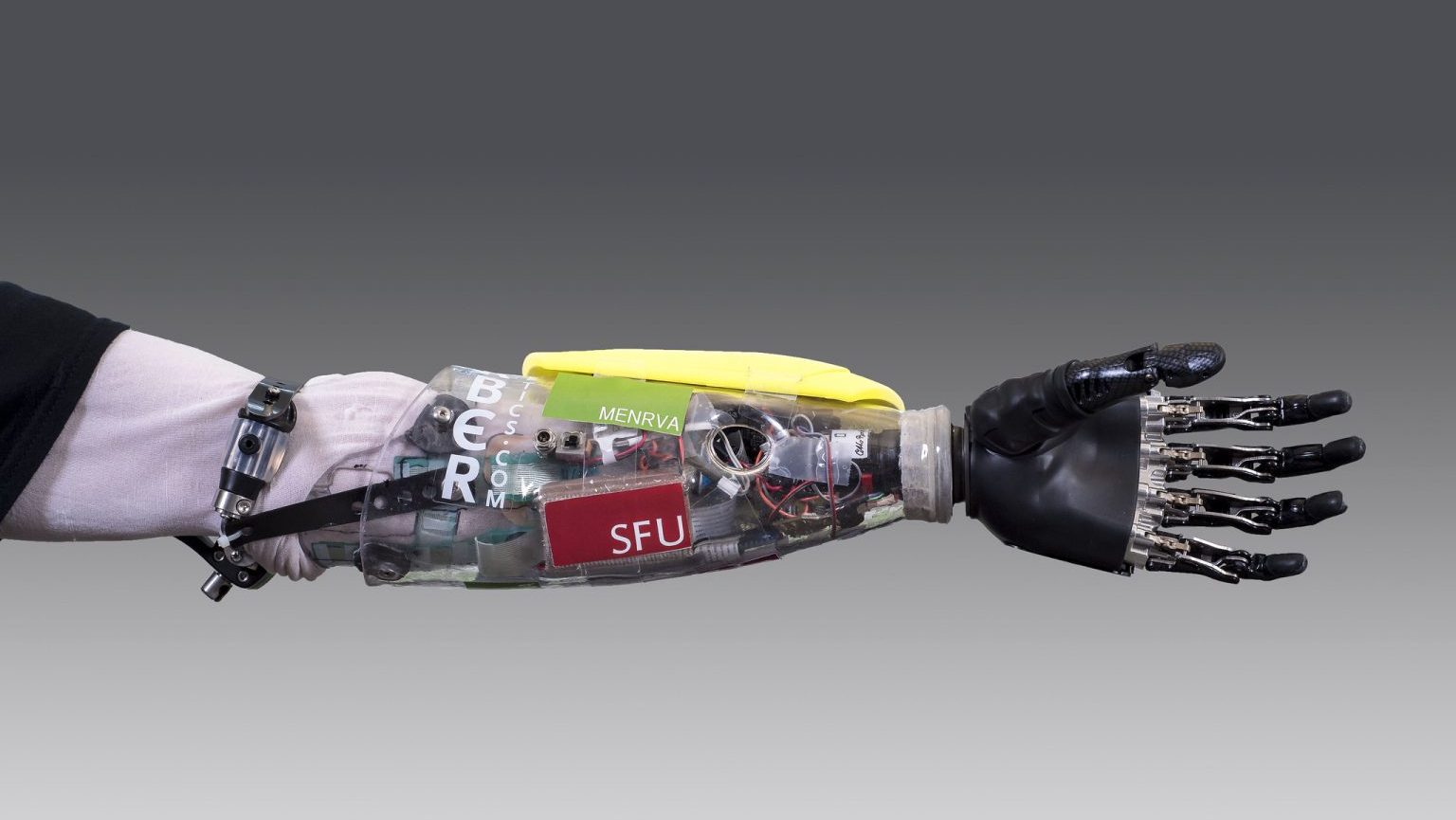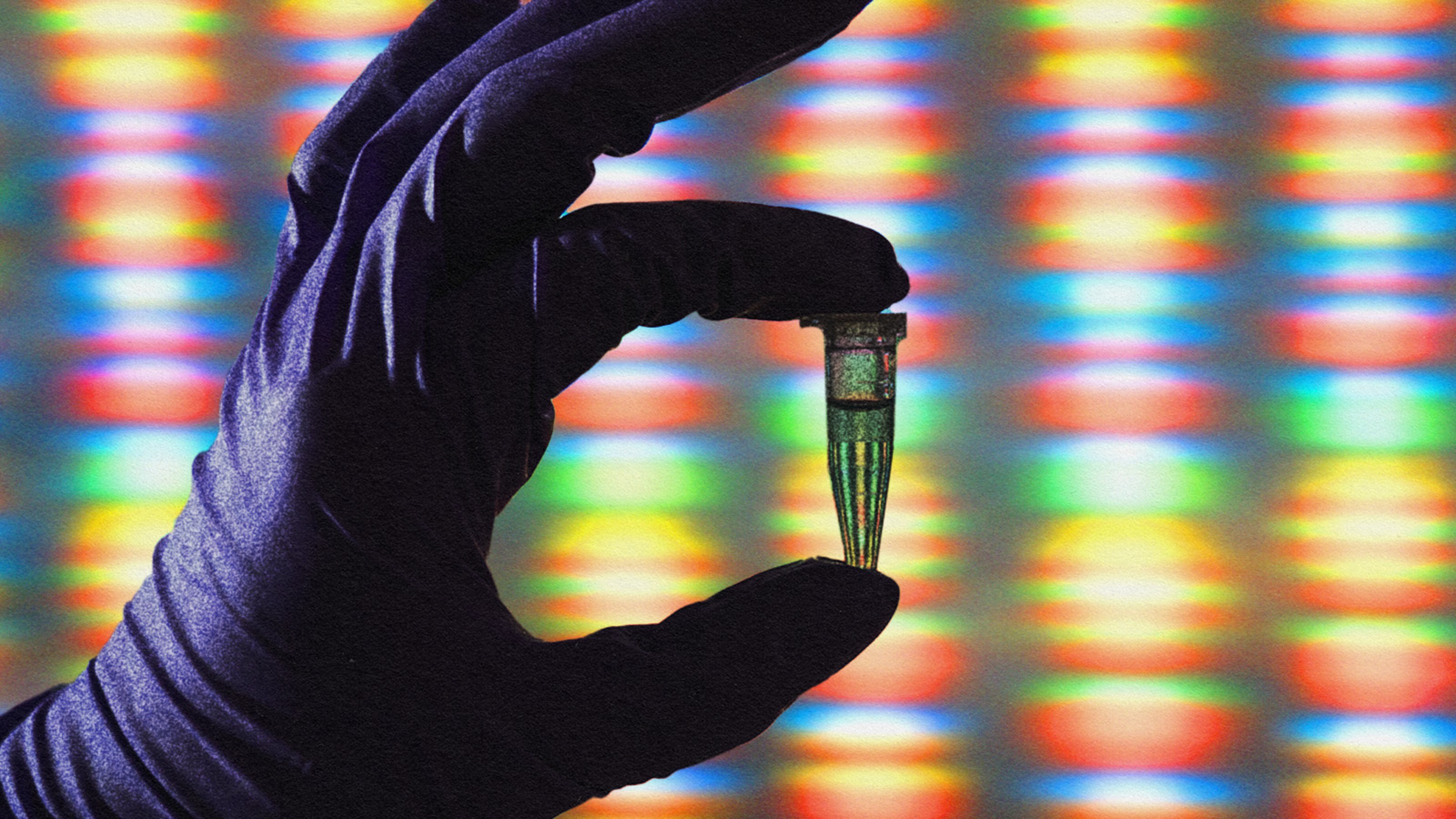4 key questions to challenge your views on genetic engineering

Adobe stock.
- A review of Pew Research studies reveals the views of Americans on the role of science in society.
- 4 key questions were asked to gauge feelings on genetic engineering, automation and human enhancement.
- Americans are split in how they view technology and many worry about its growing role.
The Pew Research Center published a fascinating roundup of studies that revealed the opinions of the U.S. public on a number of key science-related issues. The researchers wanted to find out what people thought overall about the role of science and scientists in society, but also to see more specifically how far modern humans are willing to go with genetic engineering and automation.
The responses show that people are generally not as worried as you’d think about messing with human genetics but when it comes to implanting technology to enhance bodies, doubts proliferate. A strong uneasiness also pervades responses dealing with robots in workplaces.
Before you know the details of what others thought, however, you have a chance to take the quiz yourself to test your own points of view on these matters.
These first two questions relate to your stance on genetic engineering. With the advent of CRISPR gene editing techniques, it now seems possible to edit out mutations and create babies without disease. Wouldn’t you want to do it? Or do you see the potential for horrendous accidents, genetic deformities, creation of second-class citizens and forever changing what it means to be human?
1. Changing a baby’s genetic characteristics to reduce the risk of a serious illness that could occur over their lifetime is:
– An appropriate use of medical technology
– Taking medical technology too far
Another key question concerns growing human organs in other animals. Obviously, we have used animals for testing to develop new treatments already amid changing public attitudes about the cruelty involved, so how ethical is it to use animals simply as incubators of spare body parts?
2. Genetic engineering of animals to grow organs / tissues for humans needing a transplant is:
– An appropriate use of medical technology
– Taking medical technology too far
This next question pertains to human enhancement. How comfortable would you be outfitting yourself with digital chips or other prosthetics and modifications? Famously, Elon Musk is spearheading the development of Neuralink technology that would allow human brains to control machines. In a 2019 presentation, he described the possibility that such devices would be made to work by first making holes in people’s skulls with lasers, followed by feeding flexible electrode threads into the brain. He previously promised that such devices would not only give people additional abilities but can also cure brain illnesses like schizophrenia. Recently, he tweeted an “awesome” update to the tech is coming, sharing also that it might be implanted in humans as early as this year.
Would you put one of these things on? See how you would answer this:
3. I am ____________________ about the possibility of a brain chip implant for a much improved ability to concentrate and process information.
– Very/somewhat worried
– Not too / not at all worried
And now for your thoughts on automation. Numerous studies have found that not only is automation coming faster than you think, it’s bound to replace the vast majority of human occupations in the next 10-30 years. And it sounds like there’s still time left, a 2020 study by the research company Forrester shows that job loss due to automation is already very much here. They predict that more than 1 million “knowledge-work jobs” will be taken over in 2020 by software robotics, virtual agents, chatbots and decisions based on machine-learning. On the other hand, the firm estimates that 331,500 net jobs will be added this year to the American workforce alone that are “human-touch jobs” utilizing such human qualities as intuition, empathy, and both physical and mental agility. So there’s hope humans can adapt and find new things to do once technology takes over.
Here’s your chance to answer for yourself:
4. The automation of jobs through new technology in the workplace has ___________ American workers.
– Mostly helped
– Mostly hurt
– Neither helped nor hurt.
If you’re interested what the participants in the Pew Research polls thought, here is the breakdown:

The Pew Research Center, which carried out the study, pinpointed a specific theme in the findings, citing “the loss of human control, especially if such developments would be at odds with personal, religious and ethical values” as the key source of hesitancy when people think about future technologies. Proposals that give people more control over tech met with more positive response.





